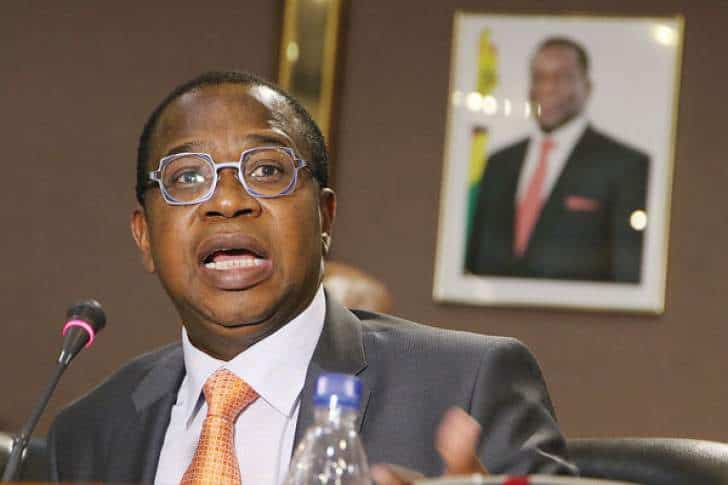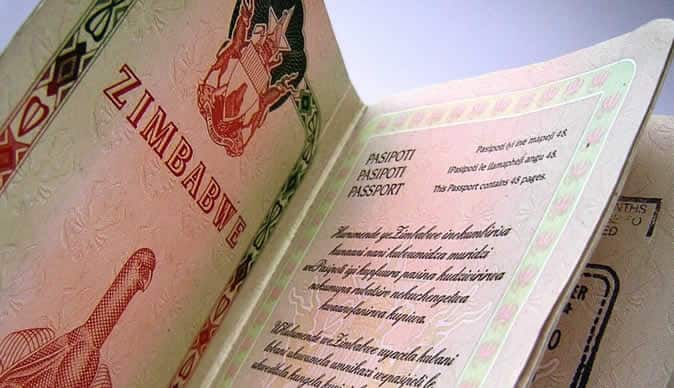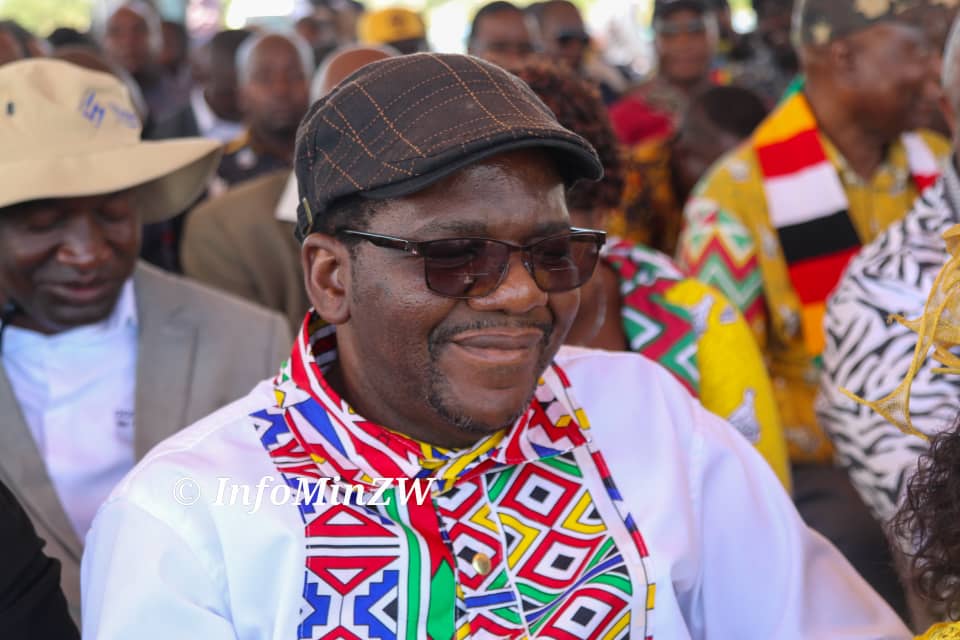Finance Minister, Mthuli Ncube, on Monday hiked gold dealer’s licence fees to US$200 000.
The announcement made under Statutory Instrument 32 of 2023.
“It is hereby notified that the Minister of Finance and Economic Development, in terms of Section 19 of the Gold Trade Act (Chapter 21:03) made the following regulations.
“These regulations may be cited as the Gold Trade (License Fees) Amendment Notice 2023 No.1.
“The Gold Trade (License Fees) Notice 1987, published in Rhodesia Government Notice 256 of 1978 is amended by the repeal of paragraph 1 of Schedule 2 and the substitution of Gold dealing License US$200 000,” SI said in part.
Despite some stakeholders in gold mining crying foul lately over increases in gold sector licensing fees, sources in government believe that there is urgent need to cascade the benefits being derived in gold mining to the lower levels of society through the licensing fees strategy.
Official records show that the gold mining sector has been recording significant growth from year 2021 where gold miners delivered 29 664kg, a figure which increased in 2022 by 5 616 kg with a total of 35 280kg delivered during the year.
State-owned gold buyer, Fidelity Gold Refinery (FGR), has projected gold deliveries to reach 40 tonnes in 2023 mainly due to new gold mining projects coming into production.
Gold is one of the country’s biggest foreign currency earners.
However, gold smuggling has been a cause for concern as politically connected syndicates milk the country’s resources dry.
Gold smuggling, organized by individuals linked to the ruling establishment, deprives Zimbabwe of an estimated 36 tonnes of gold annually – according to a new report by the Center for Natural Resource Governance (CNRG).
With the officially declared gold output of 29.6 tonnes in 2021, the volume of smuggling would be equivalent to more than half of Zimbabwe’s total gold production.
The entire phenomenon reveals collapsed and captured state institutions that are expected to steward and account for national resources,” says the report.
Relative to its size, Zimbabwe has the second-largest gold deposits in the world, whose extraction provides the main source of its export revenues.
The smuggling occurs mainly in the artisanal gold mining sector, which produces around 60% of Zimbabwe’s gold. Originally providing livelihoods to rural communities, the sector has been captured by political elites, moving in to harvest the artisanally mined gold for their personal enrichment.
“Gold dealers, who are protected by the ruling Zanu-PF party officials use state apparatus to capture and control gold-rich areas throughout the country,” says the report.
Officially, the gold should be sold to Fidelity Printers and Refinery (FPR), a gold monopsony controlled by the Reserve Bank of Zimbabwe (RBZ). In practice, however, alleges the report, “buyers remit a bare minimum to FPR to justify the continued renewal of the licence.”
The rest is, with the connivance of the authorities, smuggled out of the country, typically through South Africa, Zambia and Mozambique.
The trend has continued despite RBZ’s “no questions asked” gold-buying arrangement introduced in 2016. The report attributes the failure to FRP’s pricing policy.
FRP distributes 20% of the payments in the Zimbabwean Dollar, which, however, continues to be subject to strong inflationary pressure and therefore unpopular. In addition, payments are deposited in bank accounts with limited cash withdrawals.
At the current price of gold on the international market, the value of smuggled gold would amount to more than 10% of Zimbabwe’s GDP. This scale is particularly concerning in the context of Zimbabwe’s persistent trade deficit and foreign currency shortages, which are partially responsible for the ongoing economic crisis.
The report is sceptical about Zimbabwe’s capacity to curb the smuggling, as politicians with a vested interest in the illicit gold trade tend to intimidate relevant authorities when they take action against the perpetrators. “While the media has been raising alarm over gold smuggling, the government has not demonstrated seriousness in punishing offenders,” it said.














